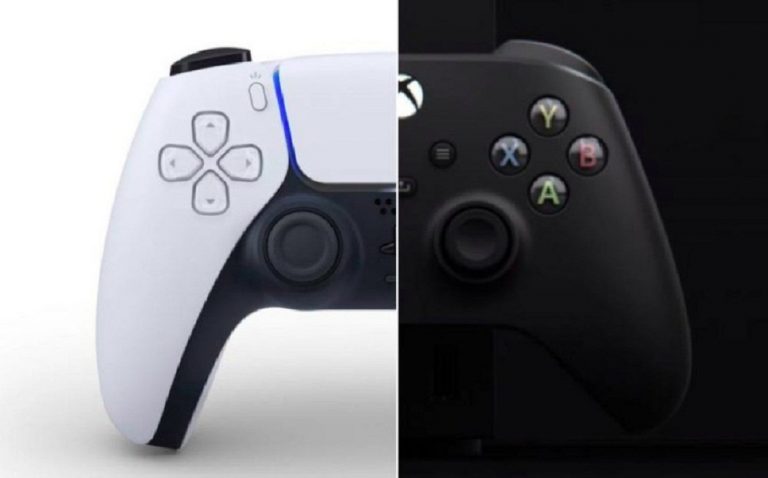Demo consoles have been shipped and the amount of news that is surging forward has become difficult to parse if for no other reason than the level of interconnectivity that the internet has brought to us in the modern age has similarly brought forth a torrential flood of clips and segments that turn into talking points.
One of those talking points is how well the Xbox Series X and PlayStation 5 fare in terms of booting speeds; the curiosity has been difficult to bear after Tim Sweeney of Epic Games stated that the PlayStation 5 will blow PCs out of the water.
Driven By PC Gaming Inclusion The Xbox Game Pass Surpassed 10 Million Subscribers
We had our cynicisms then in the boisterous claim that seemed vague at best, but now we have actual numbers and video showing how quickly the boot speed is on the demo version of both the PlayStation 5 and the Xbox Series X.
The verdict? PCs are still ahead in terms of boot times which can help shed a light on how to quickly operations can actually be performed within the consoles.
Google Stadia Vs. Microsoft xCloud: Which One Should You Choose For Your Game Streaming Service?
Queue surprise from no one but Mr. Sweeney.
Using the video from the editor from The Verge (yes, the PC build people) we can gauge that along with a report from ZDNet regarding SSD boot times when using them as an OS; note that this isn’t even taking into account the newest Non-Volatile Memory Express (NVMe) SSD that can run laps around SSD’s.
This is using old tech from 2010 that can completely boot a full system in less than fifteen seconds, compared to the next generation of consoles that need at least 20 seconds from a cold boot.
Modern PCs are even faster still, taking advantage of NVMe’s and further honing start-up applications to the barest of bones can result in boot times under ten seconds easily.
This being said, the Xbox Series X resume from standby clocking in at four seconds is impressive to consider.
PC gaming fans shouldn’t necessarily be celebrating just yet; the consoles being locked at specific specifications has, in the past, allowed for developers to take creative avenues in bringing forth entire worlds that astonished everyone; Grand Theft Auto 5 for the Xbox 360 and PlayStation 3 blew everyone’s minds with how open and varied the world was, and it was all done using comparatively limited technology at its time.
Long term, this doesn’t mean much; when you get down to the nitty-gritty technical specifications, there are points where consoles also hold beefy claims at the moment; claims that can be beaten by a PC, but not without investment.
Naughty Dog’s Plans For The Last Of Us Part II’s Multiplayer Are Apparently ‘Extremely Ambitious’
We’ll likely be able to compare the three platforms far closer in the future, once retail versions are readily available.
